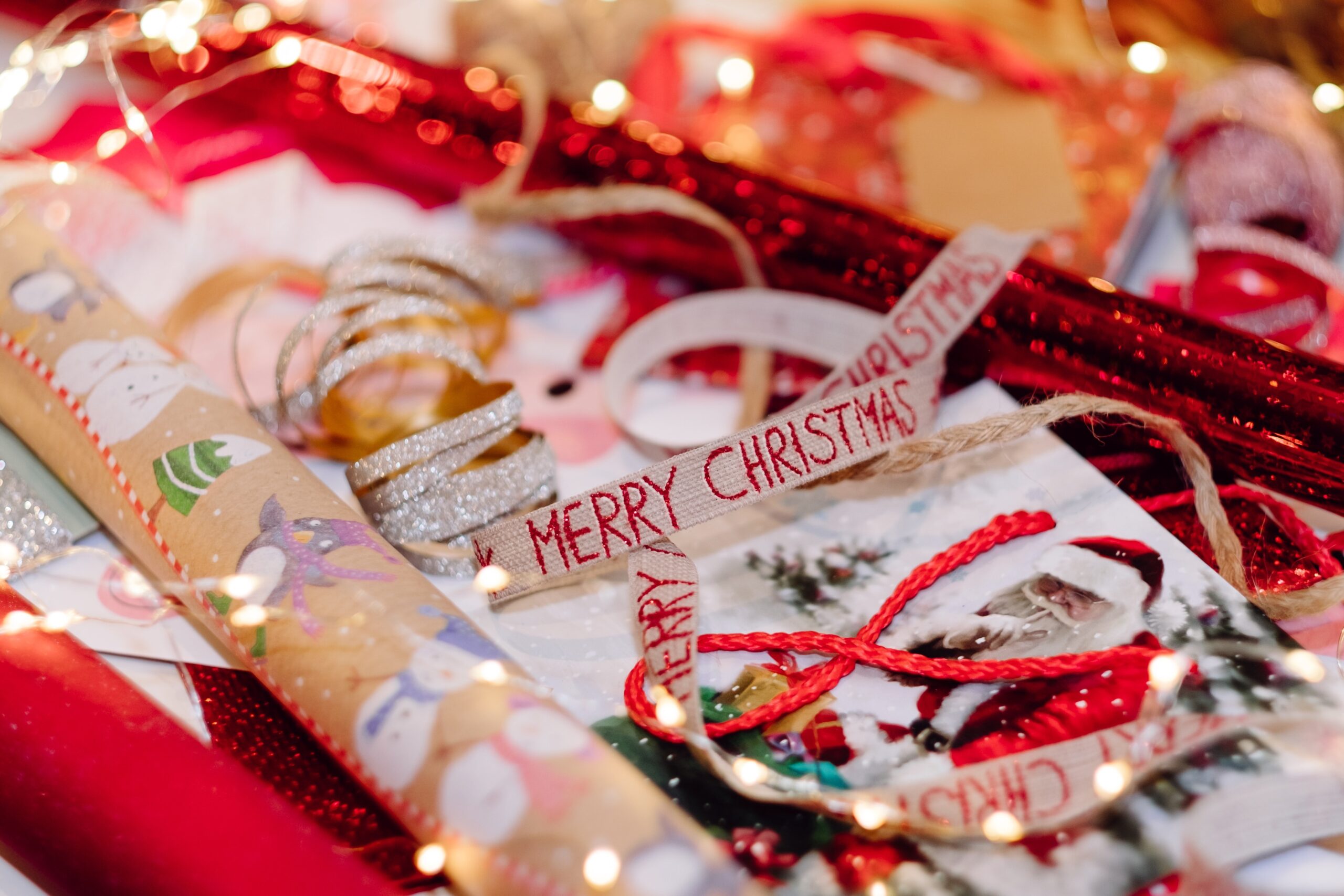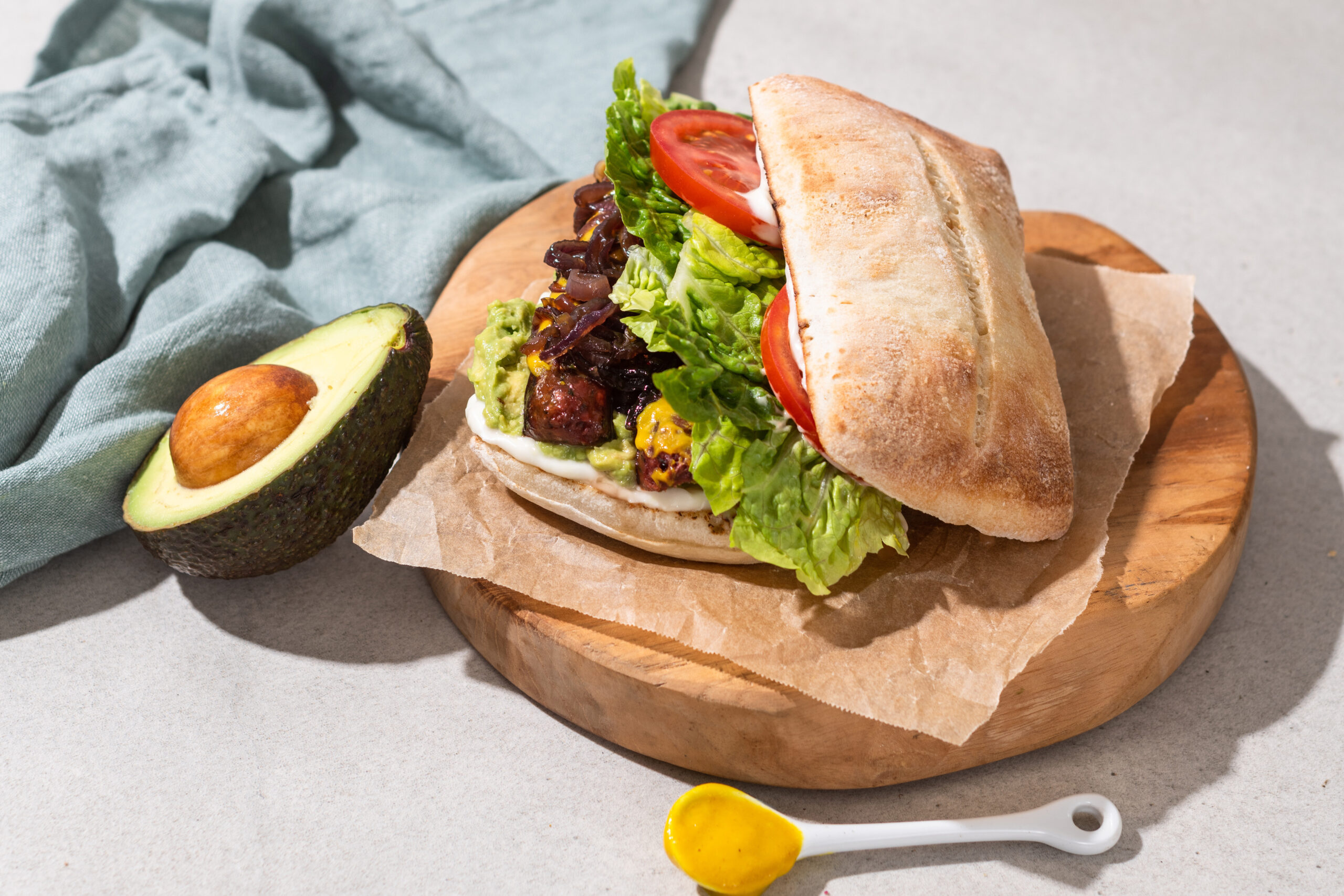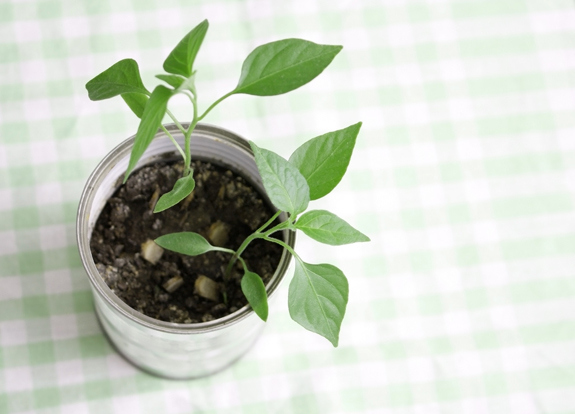Christmas is upon us once again, and as we get ready to celebrate with our loved ones, sit around the tree, give gifts, and eat way more food than usual, WasteMINZ is here to remind New Zealanders about the massive amounts of waste the festive season produces.
With all the wrapping paper, food scraps, plastic gift packaging, ribbons, bows, trees, name tags and single-use food packaging we use during this month, it’s no surprise that landfills end up with so much extra rubbish.
It’s easy to understand how Christmas is being referred to as ‘the world’s greatest annual environmental disaster’.
Based on stats from Australia, it’s estimated that New Zealanders this Christmas will spend 60 per cent more of our incomes and create 30 per cent more household waste in total over the festival period.
In Aotearoa, it’s estimated that we use 1600 tonnes of wrapping paper every Christmas, that’s the equivalent of 10 thousand trees.
If that’s not enough for a re-think, then consider the 25,000 tonnes of plastic packaging waste that is expected to be discarded.
New Zealanders generate more waste per person than almost any other country on the planet and every year thousands of unwanted Christmas gifts end up on Trade Me.
According to Australian research, adults across the ditch spend an average of $475 on presents, with only half of them being appreciated.
It’s expected this will be reflected here in New Zealand.
It’s estimated that as a nation New Zealand spends an extra $100 million on extra food at Christmas, with around a third of it going to waste.
Christmas is a fun time for children no doubt, but for every new toy, an old favourite is often destined for the bin.
And don’t forget those batteries, another environmental nightmare at Christmas time.
It’s predicated New Zealanders will throw away more than 1,600 tonnes of them this year, often sending corrosive materials including lithium, lead and mercury directly to landfill.
In 2019 it was reported that Auckland produced 25 per cent more waste and recyclables during Christmas than usual.
That’s added up to 8351 tonnes more waste than other times of the year.
Across the world, it’s also a troubling picture, with the UK alone creating 30 per cent more rubbish than usual with its subjects buying one billion Christmas cards annually.
The Atlantic and US produce an extra 25 million tons of trash at Christmas.
Australia produces more than 5 million tonnes of food waste in landfills at this time of year.
So, what’s the good news?
Fortunately, there are many ways Kiwis can celebrate a more environmentally friendly Christmas.
WasteMINZ, the industry body for waste, resource recovery and disposal to land sectors in New Zealand, is here to help with its ‘Twelve Waste Free Days of Christmas’ for 2021.
From Monday 13th December, New Zealanders will be able to source tips and advice on how to cut down on waste this Christmas.
These will include the following:
- Sustainable gift ideas so you’re not adding to the trash pile.
- Real or fake Christmas trees? The lowdown on what’s best for the environment.
- Ditch the packaged mince pies for delicious homemade ones.
- How to avoid buying too much but still have a great Christmas.
- Christmas cracker alternatives.
- How to wrap those presents sustainably and save some trees.
- Sweet treats ideas so you can forget individually wrapped chocolates.
- Buy New Zealand made, cut down on carbon emissions.
- Gift fun toys without sending planet punching batteries to landfill.
- Last minute shopping ideas to cut down on buying rubbish destined for the bin.
- How to avoid food waste on Christmas day.
- Leftover recipes from heaven from Gel Mathel Lim of Love Food Hate Waste.
The Twelve Waste Free Days of Christmas will be rolled out across Facebook, Linkedin, and Instagram starting Monday 13th December 2021.
You’ll be able to find ideas and tips on both the WasteMINZ and Love Food Hate Waste NZ social sites.







